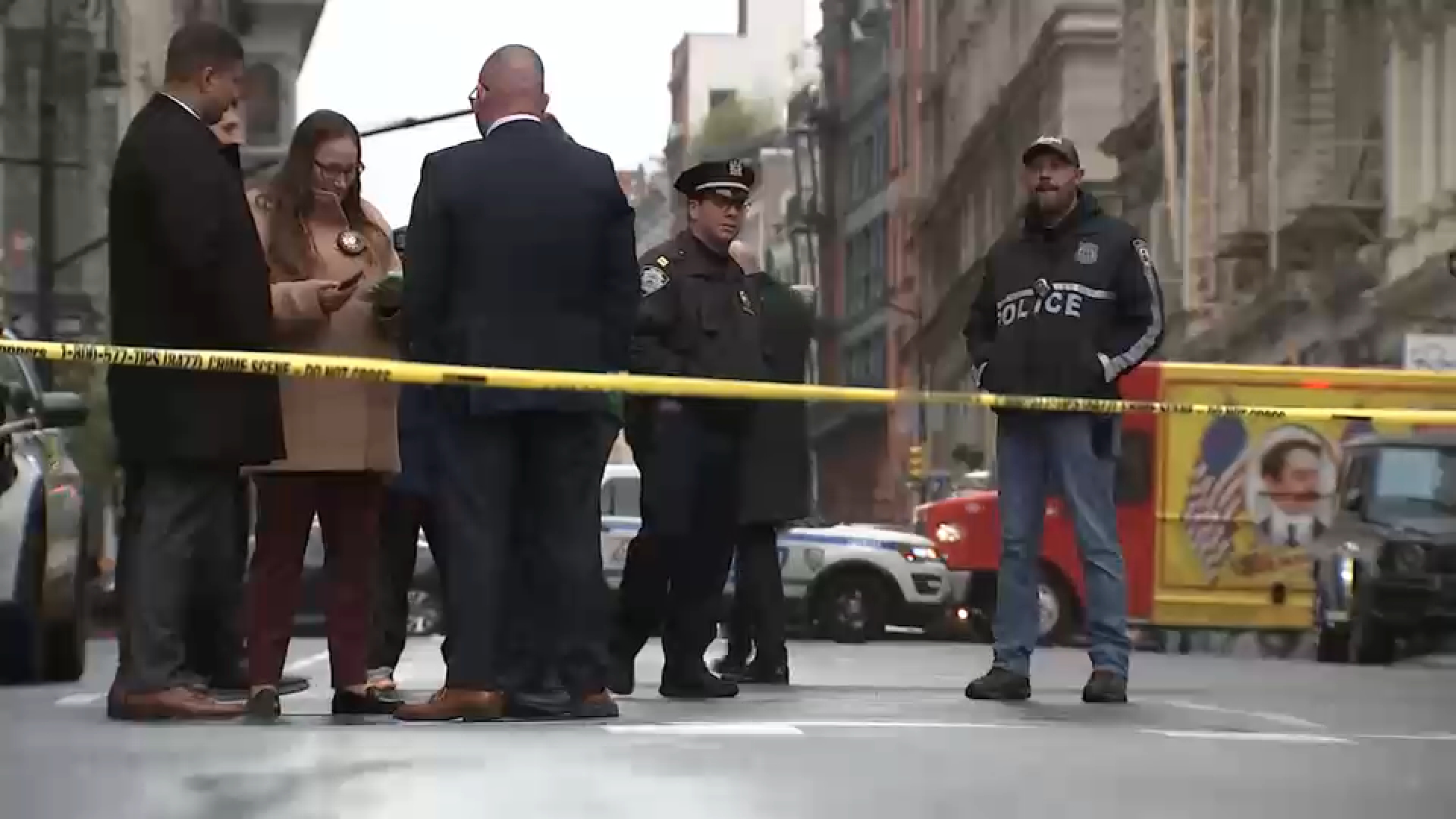Coronavirus safety: What SFSPCA president, veterinarian recommend for your pets

SAN FRANCSICO -- Concern about animal and pet transmission of COVID-19 increased after a tiger at the Bronx Zoo in New York City, tested positive for the virus and developed a cough.
"We live in a world - It's one health and we can't dismiss the role of animals in this disease, but it is still very much a human disease," said Dr. Jennifer Scarlett, a veterinarian and president of the San Francisco SPCA.
More than 60% of American households have a pet, which Dr. Scarlett points out is a valuable data point when it comes to coronavirus.
"We have this huge sample size of pets living in homes and we're not seeing transmission between pets and people."
She says the SPCA has not seen any cats or dogs come in, exhibiting signs of coronavirus. She also cautions against putting too much stock in recent studies abroad.
"What we know is that two dogs from Hong Kong and one cat from Belgium. Researchers have been able to swab the nose and see that the virus particles infected the nose, but those animals did not come down with the disease and they haven't been shown to transmit the disease."
But those animal's owners were previously showing signs of coronavirus. So, Dr. Scarlett says to exercise caution if someone is sick in your household.
"You want to separate them and limit their interactions with pets, just as you would limit interactions with other family members in the household.... If you're walking your dog, probably not a good time for it to go over and say hello to someone else."
"We have treats inside of our pockets, we don't have a treat bowl anymore," said Lynnet Spiegel, the owner of Jeffrey's Natural Pet Foods in North Beach and the Castro.
Because of coronavirus concerns, she's instituted new social distancing rules for people and pets at her stores.
"We still are allowing the dogs to come in the store. Do we pet them? No."
Vets agree more research is needed on animal contraction and transmission.










